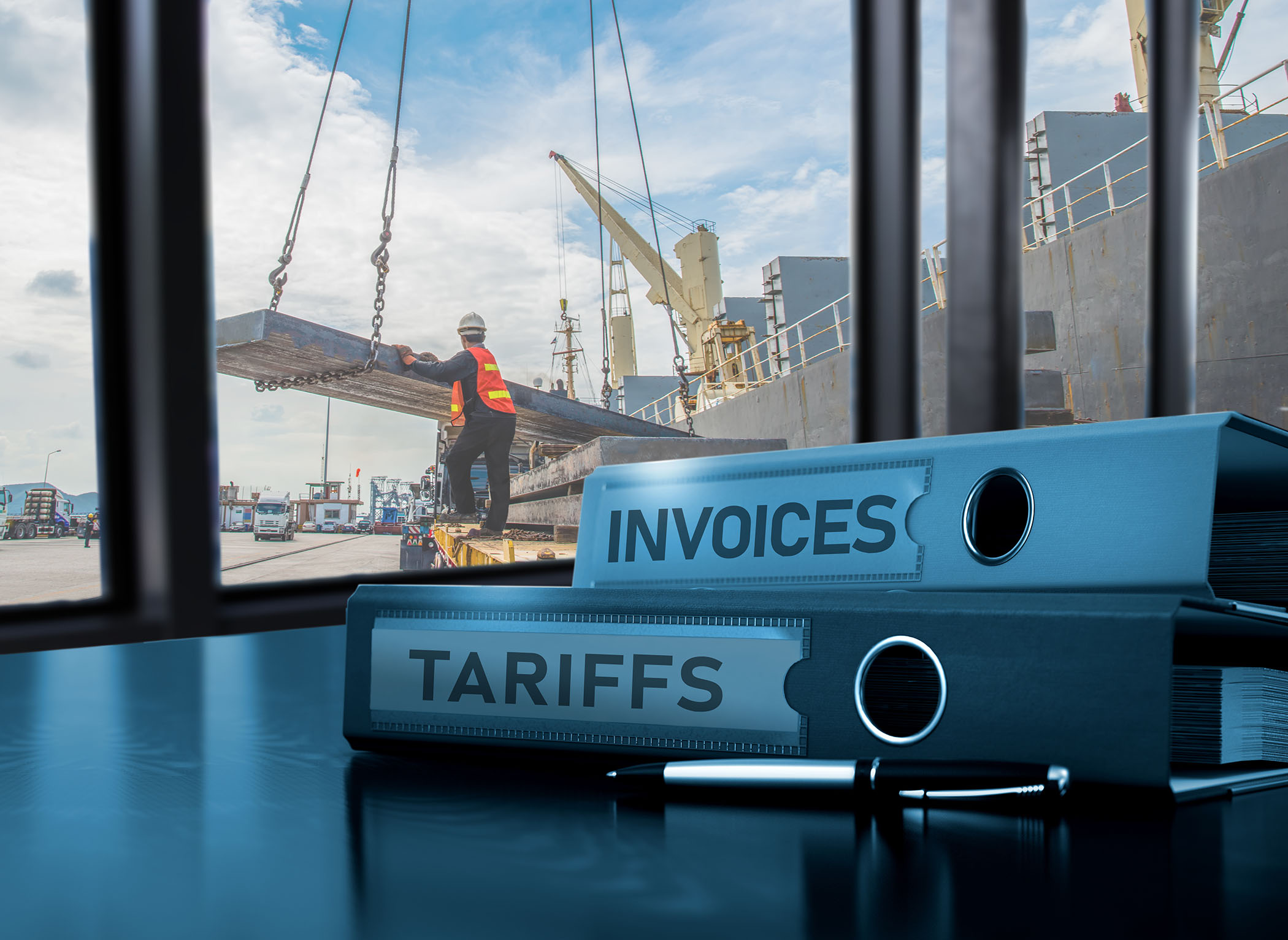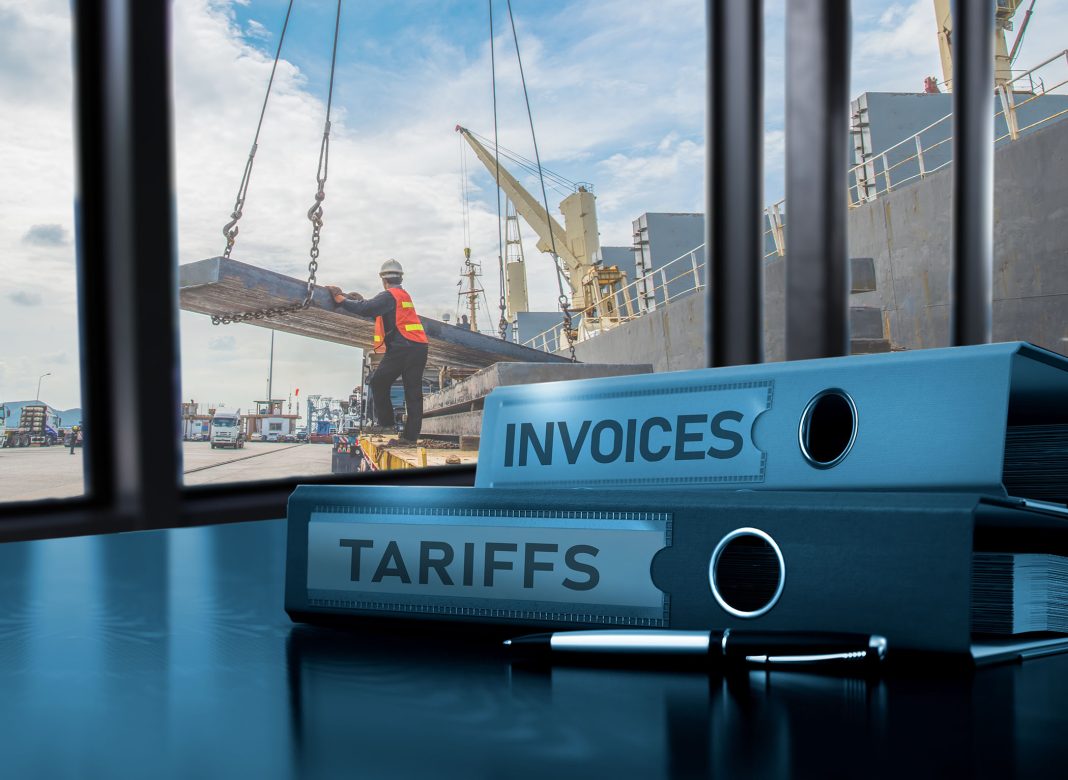 Protecting Canadian Industry from Chinese Oversupply
Protecting Canadian Industry from Chinese Oversupply
Deputy Prime Minister Chrystia Freeland has emphasized the need to safeguard the Canadian industry from Chinese “oversupply” in her recent statement. The Canadian government is considering imposing tariffs on Chinese electric vehicles (EVs), following in the footsteps of the United States. Ms. Freeland expressed her concern during a press conference on May 28, where she provided an update on the government’s economic plan.
These remarks from Ms. Freeland came after Prime Minister Justin Trudeau hinted at the possibility of imposing tariffs on China, following the announcement made by the U.S. However, Mr. Trudeau did not commit to taking similar action, stating that they would carefully observe what the U.S. was doing and make decisions accordingly to protect Canadian automakers, auto workers, and the economy. He made these comments after meeting with U.S. Vice-President Kamala Harris in Philadelphia on May 21.
The U.S. President Joe Biden had recently announced a tariff hike on Chinese-made electric vehicles, increasing it from 25 percent to 100 percent. This decision was motivated by concerns over unfair subsidies provided to EV manufacturers by the Chinese regime and other “non-market practices” that have resulted in overcapacity. The aim is to protect the American industry, as stated in a White House press release. Additionally, the U.S. plans to raise tariffs on other Chinese goods used in electric vehicles, such as solar cells, computer chips, and lithium-ion batteries.
Ms. Freeland also expressed concern about Beijing’s practices, highlighting state-directed economic policies that have led to overcapacity and oversupply in various sectors including steel, aluminum, critical minerals, and manufacturing. She characterized these practices as “not playing by the rules.”
Chinese EV Exports and Imports
According to the White House release, Chinese-made EV exports grew by 70 percent from 2022 to 2023. This growth is seen as a threat to productive investments in other regions. In Canada, there has also been a surge in imports of EVs from China, coinciding with Tesla’s decision to shift its Canadian sales production from the United States to factories in Shanghai.
Prior to 2023, Chinese-made EVs accounted for only 1.2 percent of total electric vehicle imports to Canada and were valued at $84 million in 2022. However, with Tesla’s relocation, imports skyrocketed to $2.2 billion in 2023. Tesla currently holds almost one-third of the Canadian EV market share, making China the second-largest importer after the U.S., with $2.8 billion in imports.
Canadian EV Sales Goal
The Canadian federal government has recently released a plan aimed at achieving zero-emission EV sales by 2035. The plan involves gradual steps, with one-fifth of vehicles required to be fully electric or plug-in hybrids by 2026, increasing to three-fifths by 2030.
As part of this plan, the government is offering a $5,000 incentive for EV purchases. Under Canada’s model, any electric vehicle priced below $55,000 is eligible for the $5,000 incentive. This means that purchases of Tesla’s Chinese-made Model 3 and Model Y cars qualify for the incentive.
While Ottawa has imposed a 6 percent tariff on Chinese-made vehicles, these cars could still benefit from up to $5,000 in federal rebates for EV purchases.
Canada-US Alignment in the EV Industry
Canada and the U.S. have been working towards aligning their EV industries in recent years, particularly in critical minerals, batteries, and EV manufacturing. Canada has made significant investments in the EV industry, allocating $30 billion over the past two years alone for EV battery and vehicle manufacturing facilities. Companies like Stellantis, Volkswagen, and Honda have all received funding as part of this effort. The aim is to protect North America’s auto industry from China’s dominance.
In conclusion, the Canadian government is considering imposing tariffs on Chinese electric vehicles to protect Canadian industry from Chinese oversupply. This move follows the U.S.’s decision to increase tariffs on Chinese-made EVs due to concerns over unfair subsidies and non-market practices. Canada aims to align its EV industry with the U.S. and has set ambitious goals for zero-emission EV sales by 2035. The government is also offering incentives for EV purchases, including Chinese-made Tesla vehicles. These measures are part of a broader effort to safeguard the North American auto industry from China’s growing influence.


